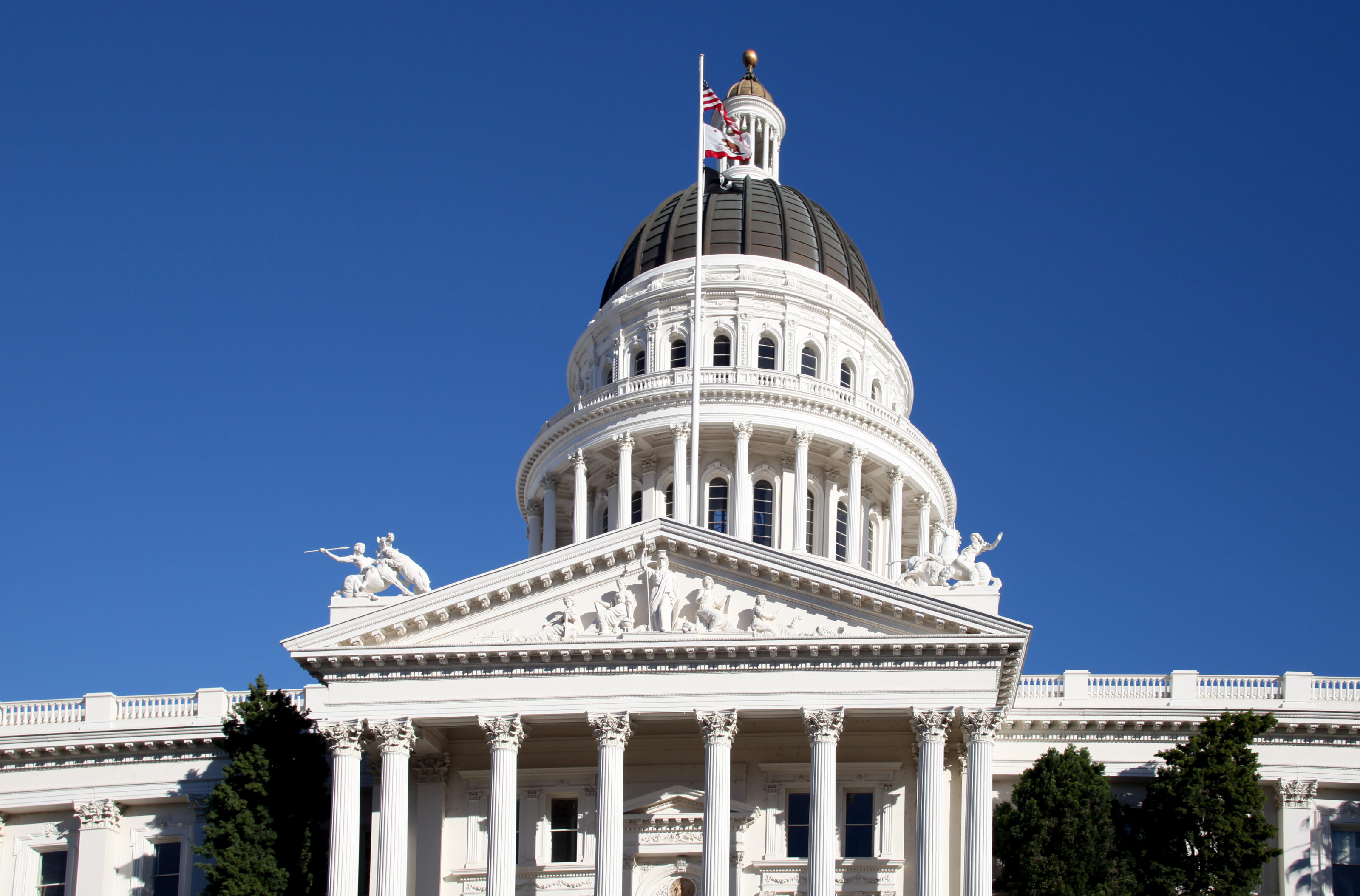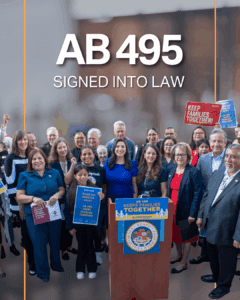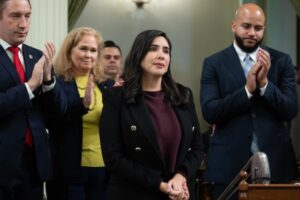AB 2830
Governor Newsom signed Assembly Bill 2830 (R. Rivas, AD 29), sponsored by the Alliance for Children’s Rights, which creates a simplified Resource Family Approval (RFA) process for relatives to ensure more foster children are cared for and supported by their families and stay connected to their communities. Assembly Bill 2830 will require the California Department of Social Services (CDSS) to establish “relative” or “kin-specific” licensing or approval standards by January 1, 2027. Once implemented, the department will track data related to outcomes regarding its effectiveness and report all findings or data to the Legislature.
“As a foster parent, I understand that children in foster care live their best lives when they stay with family. And research shows keeping kids with relatives or loved ones also improves behavioral and mental health outcomes, not to mention greater academic success, stability and a stronger sense of belonging,” Speaker Robert Rivas said.
AB 2906
Current and former foster youth may be eligible for one or more federal Social Security Administration (SSA) Benefits programs, including Supplemental Security Income (SSI) for individuals with disabilities and Social Security survivors benefits for children and youth with a deceased parent. For these particularly vulnerable youth, SSA benefits offer an economic safety net during and after their time in foster care.
Although California has made significant efforts to link transition aged youth in foster care to SSA benefits, there is no requirement in state law for counties to regularly update the court, the youth, or court-appointed counsel about the status of an SSA benefits application or how SSA benefits are used. In practice, youth may never learn that they were eligible for SSA benefits during or after their time in foster care, nor that the county was receiving benefits on their behalf.
In coalition with the Alliance of Boys and Men of Color, Children’s Advocacy Institute, and Children’s Law Center of California, the Alliance for Children’s Rights is co-sponsoring AB 2906 (Bryan, AD 55), which would require counties to conserve Social Security survivors benefits received by a youth in foster care for that youth’s current and future needs, rather than using those benefits to pay for the cost of the child’s foster care placement. AB 2906 also creates notification requirements to increase the number of eligible foster youth linked to Social Security benefits upon their exit from care.
AB 2108
Assembly Bill 2108 (Ramos, AD 45), also known as the Luke Madrigal Act, seeks to strengthen protections for foster youth who go missing. It builds on past efforts and formalizes best practices by requiring timely notification to various parties when a child or nonminor dependent is missing from foster care. This includes family members, court-appointed counsel, tribes and tribal representatives, the court of jurisdiction, and law enforcement, promoting a more comprehensive and collaborative effort to locate, return, and stabilize children and young adults. AB 2108 is co-sponsored by the Alliance for Children’s Rights in partnership with the California Tribal Families Coalition and the Yurok Tribe.
AB 2477
Assembly Bill 2477 (Zbur, AD 51) clarifies ambiguities in state law that appear to cap youths’ cash savings while they are in extended foster care to help promote successful transitions when youth exit care. AB 2477 is co-cosponsored by the Alliance for Children’s Rights and the California Coalition for Youth. Assemblymember Zbur said, “”AB 2477 is about increasing financial security and equity for all youth in foster care, including those who are LGBTQ+ or children of color, who are overrepresented in the foster care system. This bill allows youth in foster care to build the financial stability they deserve.”





